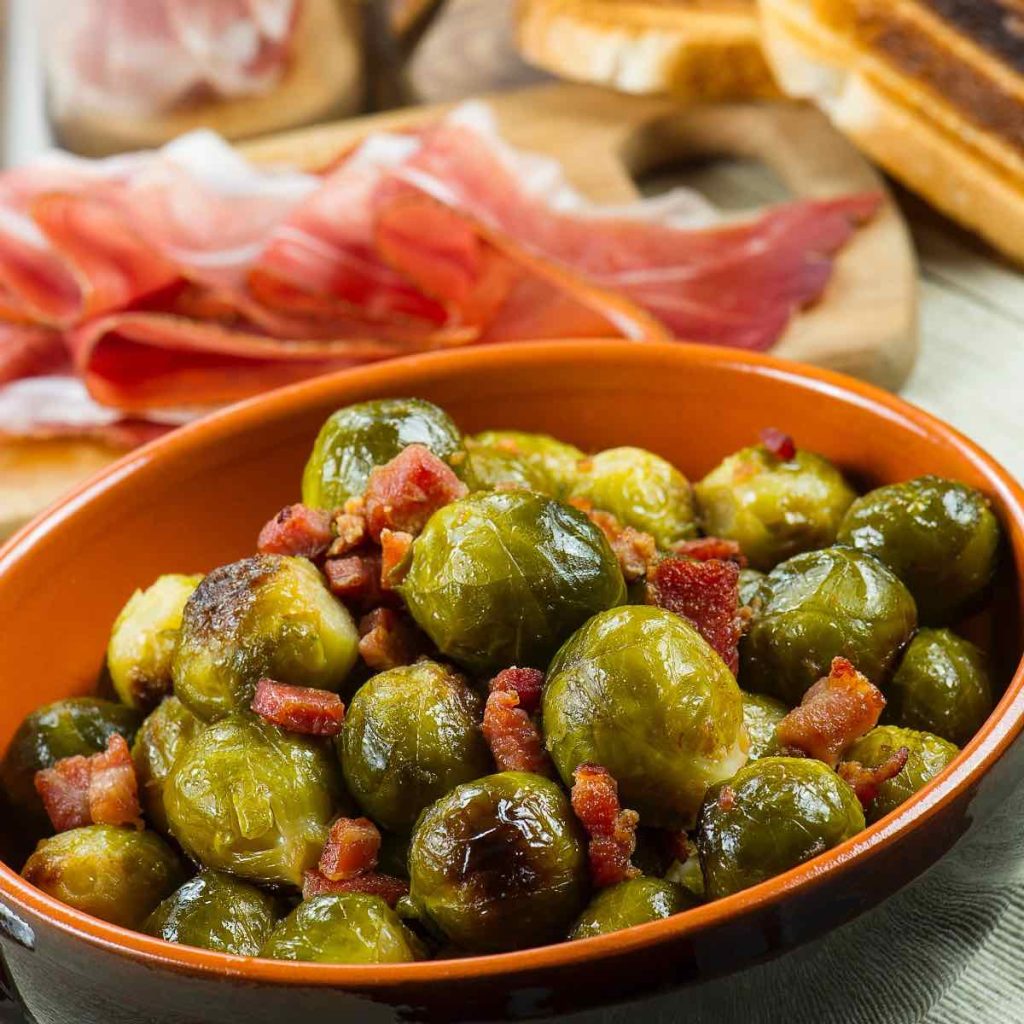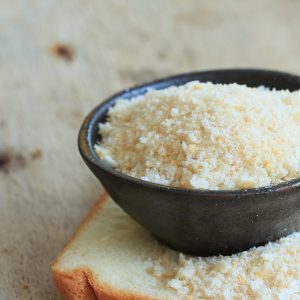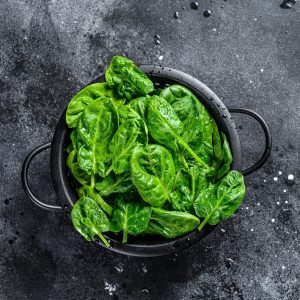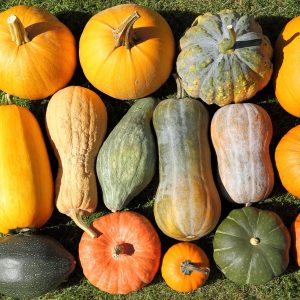Brussels Sprouts Are Kid-Friendly
Brussels sprouts often get a bad rap, but they’re delicious and full of nutrition. If you’ve avoided them because of past experiences, it’s time to give them another chance.
These little green veggies are packed with vitamins, fiber, and antioxidants that can boost your health. Plus, they’re super versatile in the kitchen.
To achieve the best flavor, you need to know how to select, store, and prepare them correctly. Fresh Brussels sprouts should be firm, bright green, and tightly packed. Avoid any that look yellow or wilted. When stored properly in the fridge, they can stay fresh for up to a week.
Cooking Brussels sprouts well makes all the difference. Roasting brings out a sweet, nutty flavor. Sautéing with garlic or bacon adds a tasty punch. Even steaming or boiling works if you don’t overdo it.
In this post, I’ll share everything you need to know to enjoy Brussels sprouts—from selection tips to simple cooking methods. Whether you’re a fan or a skeptic, these tricks will help you turn Brussels sprouts into a side dish everyone will love.
Ways to Cook Brussels Sprouts
| Cooking Method | Description | Result |
|---|---|---|
| Roasting | Toss Brussels sprouts with oil, salt, and pepper, then roast at 400°F (200°C) for 20-25 minutes. | Caramelized, crispy edges with a sweet, nutty flavor. |
| Sautéing | Cook sliced sprouts in a hot pan with oil or butter, often with garlic or bacon. | Tender with a slightly crisp texture and rich, savory taste. |
| Steaming | Place sprouts in a steamer basket over boiling water for 5-7 minutes. | Soft and tender with a mild, fresh flavor. |
| Boiling | Boil sprouts in salted water for 5-8 minutes until tender. | Soft texture but can become mushy if overcooked; mild flavor. |
| Grilling | Skewer or use a grill basket; cook over medium heat for 10-15 minutes, turning often. | Smoky flavor with slightly charred, crisp edges. |
| Shredding (Raw) | Thinly slice raw Brussels sprouts to use in salads or slaws. | Crisp and crunchy with a fresh, slightly bitter bite. |
Where Did They Originate?
Brussels sprouts originated in Europe, and—as the name suggests—they’re most closely linked to Brussels, Belgium. That’s where they were first widely cultivated around the 13th century. However, their ancestors go back even further.
They belong to the Brassica family, which includes cabbage, broccoli, and kale. These leafy green vegetables have been grown in the Mediterranean region for thousands of years. Over time, farmers selected and bred plants that produced small, tight buds along the stalk—what we now call Brussels sprouts.
By the 18th century, Brussels sprouts had spread across Europe and gained popularity in England and France. European immigrants later brought them to North America, where they’ve been grown commercially since the early 1900s, especially in California.
Today, Brussels sprouts are enjoyed around the world and appreciated for their flavor, versatility, and nutrition. But they’ll always carry the name of the Belgian city where they became famous.
Dishes Brussels Sprouts Pair Well With & Why
| Entrée | Cooking Technique for Brussels Sprouts | Why It Works |
|---|---|---|
| Roast Chicken | Roasted with olive oil, salt, and pepper | The crispy, caramelized sprouts complement the savory, juicy chicken. |
| Grilled Steak | Sautéed with garlic and butter | Bold, buttery sprouts match the richness of grilled red meat. |
| Salmon Fillet | Steamed or roasted with lemon zest | The fresh, bright flavor balances the fattiness of the fish. |
| Pork Tenderloin | Roasted with apples or balsamic glaze | The sweet-and-savory combo highlights the flavor of pork. |
| Stuffed Bell Peppers | Shredded raw in a side salad with vinaigrette | Crunchy raw sprouts add texture and freshness to a hearty meal. |
| Mac and Cheese | Roasted or pan-fried with breadcrumbs | Crispy sprouts contrast the creamy pasta and add a nutty flavor. |
| Herb-Crusted Lamb Chops | Pan-seared with garlic and rosemary | Earthy sprouts match the deep flavor of lamb and herbs. |
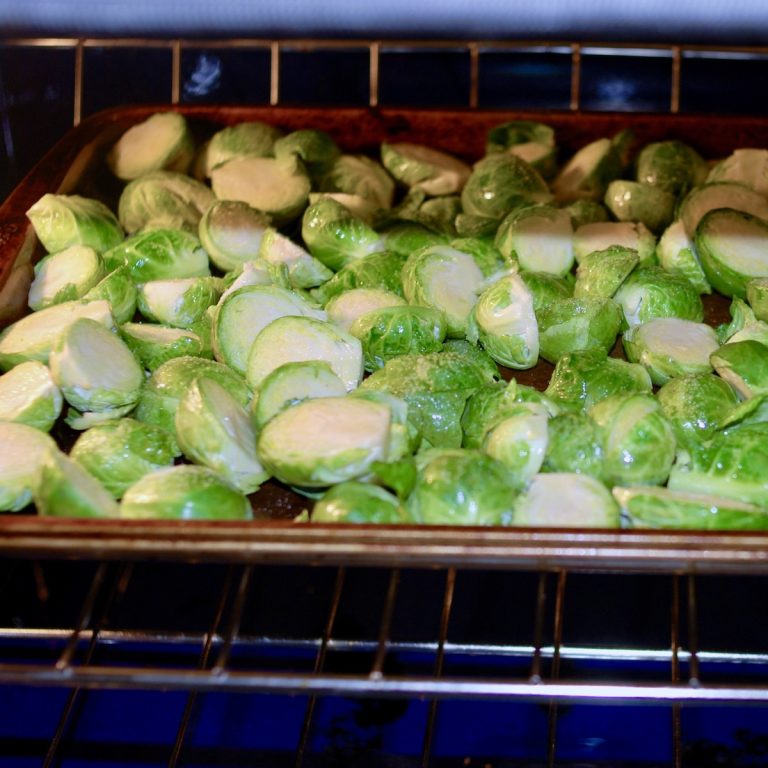
Buying and Storing Brussels Sprouts?
Buying and storing Brussels sprouts doesn’t have to be tricky. With a few simple tips, you can get the freshest sprouts that taste great and last longer in your fridge.
When you shop, look for Brussels sprouts that are bright green and firm. Avoid any that are yellowing or have brown spots. The leaves should be tightly packed, not loose or wilting. Small to medium-sized sprouts tend to be sweeter and less bitter. If you see a big stalk with lots of sprouts still attached, check that the sprouts are fresh and not dried out.
If you buy them loose, pick through the batch and choose firm, fresh-looking ones. You might also find Brussels sprouts already trimmed and bagged in the produce section. These can be convenient, but check the date and avoid any that look soft or mushy.
Once you get your Brussels sprouts home, storage is key. Keep them dry and unwashed until you’re ready to cook. Moisture can cause them to spoil faster. Place the sprouts in a breathable container or perforated plastic bag to allow airflow. Store them in the crisper drawer of your fridge, where they stay cool and fresh.
Properly stored Brussels sprouts last about 5 to 7 days in the fridge. If you notice any yellowing or soft spots, remove those sprouts to prevent spoilage from spreading.
If you want to keep them longer, you can blanch and freeze Brussels sprouts. Blanching means boiling them briefly, then cooling them in ice water before freezing. This process preserves their color, texture, and flavor.
By choosing fresh Brussels sprouts and storing them right, you’ll enjoy better taste and less waste. Next time you shop, use these tips to pick the best sprouts and keep them fresh until dinner.
Nutrition
Brussels sprouts pack a powerful nutritional punch in a small package. They are low in calories but rich in essential vitamins and minerals. Here’s a quick breakdown of what you get in about one cup (roughly 88 grams) of cooked Brussels sprouts:
-
Calories: Around 38
-
Protein: About 3 grams
-
Carbohydrates: Roughly 8 grams, including 3 grams of fiber
-
Fat: Less than 1 gram
-
Vitamin C: Provides over 100% of your daily needs
-
Vitamin K: More than 200% of the recommended daily intake
-
Folate: Around 15% of daily value
-
Vitamin A: Good source, mainly from beta-carotene
-
Potassium: Helps regulate blood pressure
-
Antioxidants: High in compounds like kaempferol that fight inflammation and support health
Thanks to their fiber content, Brussels sprouts support digestion and help keep you full longer. The high vitamin C content boosts your immune system, while vitamin K is important for blood clotting and bone health.
Overall, Brussels sprouts are a great addition to a balanced diet. They offer a tasty way to get important nutrients that support heart health, bone strength, and your body’s natural defenses. Whether roasted, steamed, or sautéed, Brussels sprouts make a nutritious and delicious side dish.

